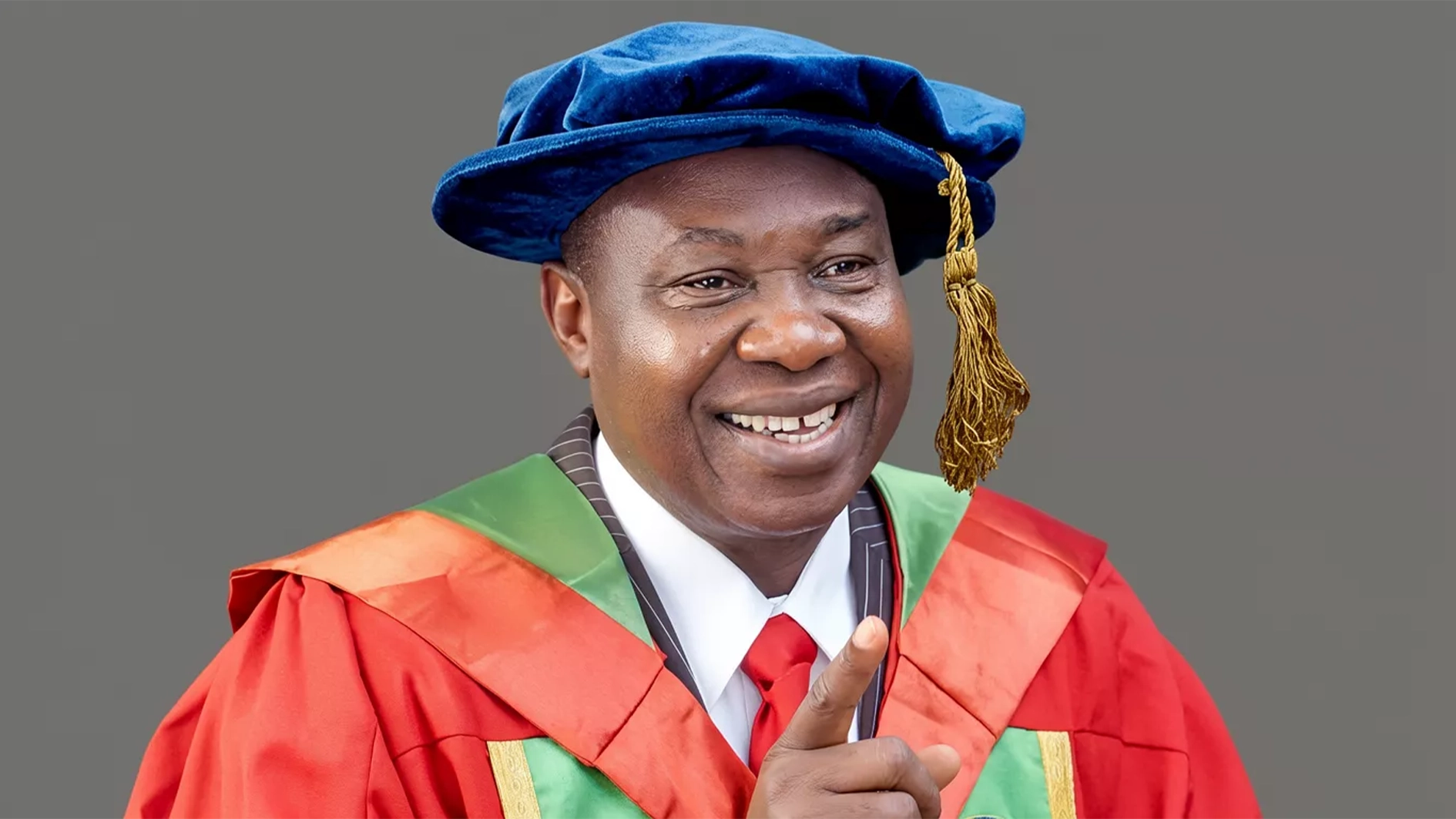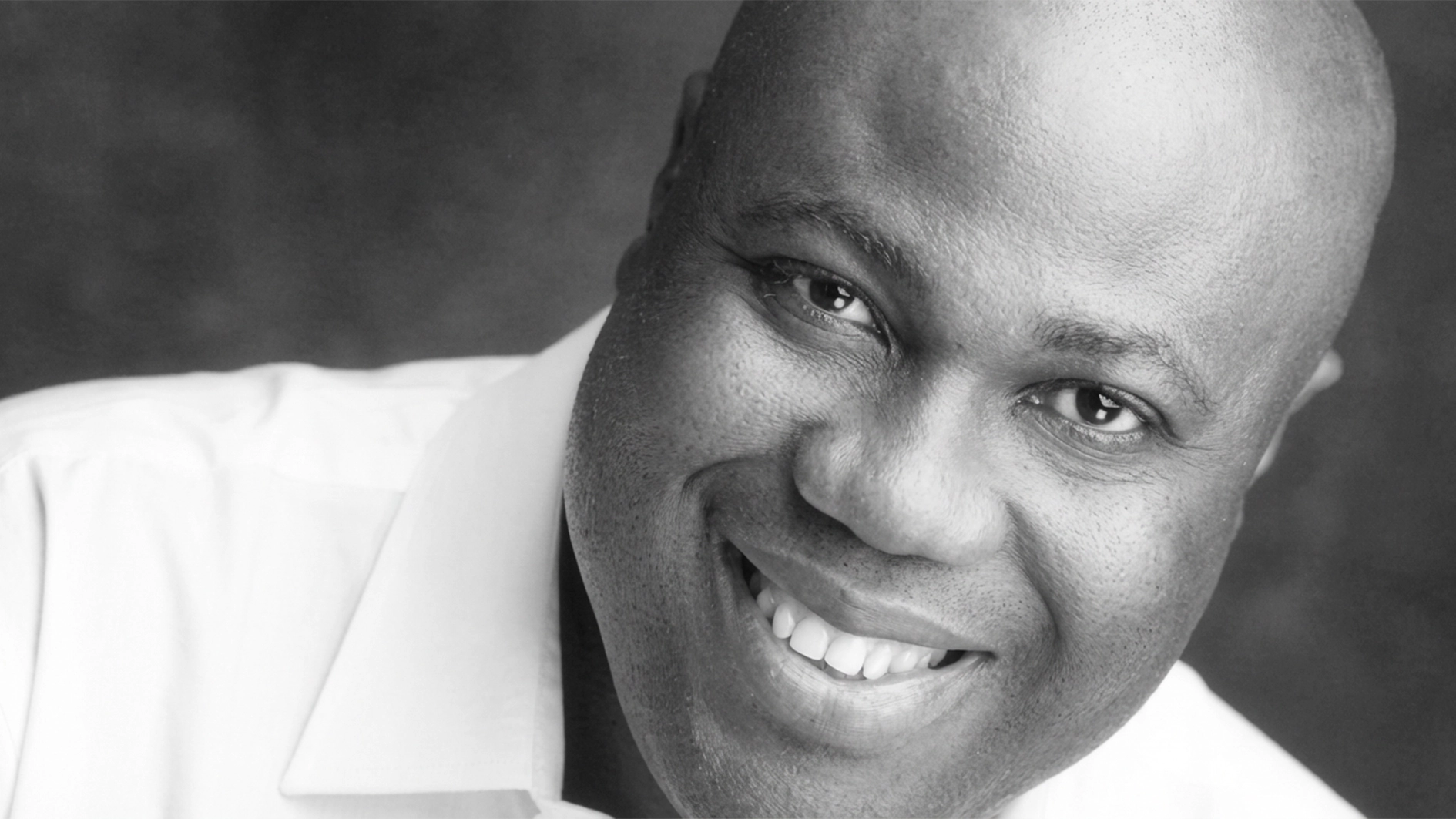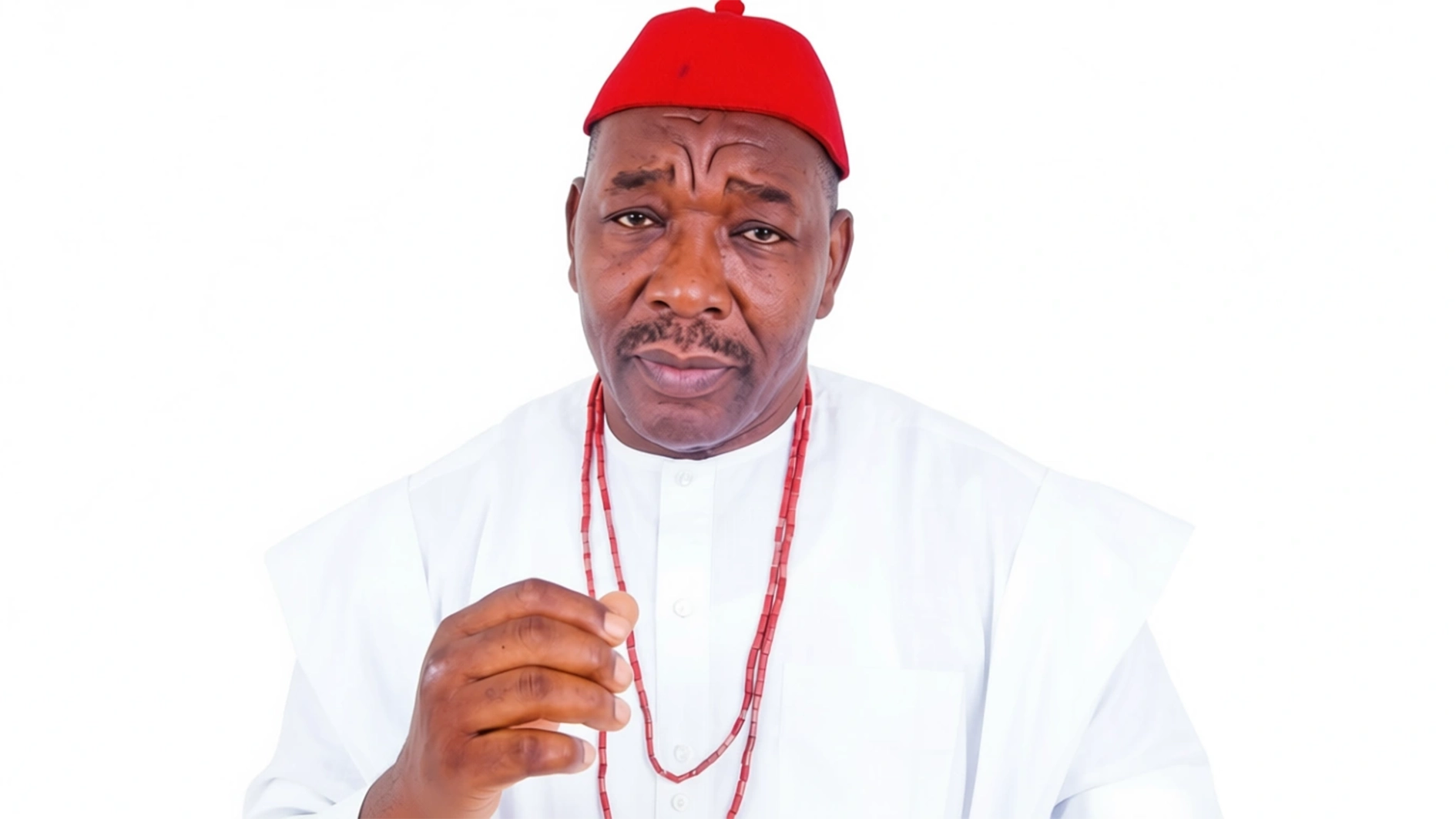As Nigerians warm up for the 2027 general election, the Dean, Faculty of Arts, Social and Management Sciences, Hensard University, Toru-Orua, Bayelsa State, Prof. Emmy Idegu, says the gradual movement of Nigeria into one-party system is a raw material for the playwright to lampoon the avoidable tragedy and offer solutions. And although live theatre culture appears to be dwindling, he tells BRIDGET CHIEDU ONOCHIE in this interview that the playwright remains very relevant to Nigeria’s socio-political development.
As the 2027 general election approaches, what roles are expected of playwrights?
Politically, let me reverse to 2022, when I wrote a play – Beloved Atanegoma Kingdom. In the play, I projected the major actors, brought out the qualities of good leadership and created a movement, where voters were heard, not seen. You only heard their footsteps; everything took place in the dark. It was probably strange that everything about the election took place in the dark and if you can remember, the 2023 presidential election result was announced in the night. So, those who read the play saw the playwright as a prophet.
I just went back to that to show us the power of the creative writer. When I was creating it then, elections had not taken place. Yet, there were serious rituals and terrible sacrifices involved in that play. I remember there is a line in that play, where two citizens kept saying: “This is the best candidate but will they allow him? Will the system allow him? He is the one that the youth want but will the system allow him? And did the system eventually allow him? Well, you know what I’m talking about.
Talking about the role of the playwright towards the 2027 elections, I see it as a huge joke; and from the look of things, democracy is going off. So, the playwright should sit down and lampoon the avoidable stupidity, the avoidable hypocrisy, the avoidable movement of democracy towards a precipice and offer solutions. One party state for the third largest democracy in the world is an aberration to democracy. It is an avoidable tragedy and that is where we are going. As a playwright, I am telling you that that’s where we are going. For now, we are clapping hands but if we are not careful, everything will just collapse. It is an avoidable tragedy and it is a wonderful, collective material for the playwright to be part of this drama.
So, you believe that the playwright is still well positioned as a socio-political vanguard of society?
Of course on several levels. The playwright has occupied a very sensitive, dynamic and powerful position even from the Greek period till date. The first Nobel Prize that we got in Nigeria didn’t come from physics or medicine; it came from literature and theatre, and that put Nigeria on the global stage. Of course, his works have lots of impacts. When we talk about the playwright, he is on several levels. He could be on the level of writing a script, a play for the stage, script for the radio or screenwriter when it goes into film. Those are the several dichotomised levels of what the playwright does in the society. You can even observe that Nollywood has taken Nigeria to the global map as the second largest producer of films so far. We are even contesting seriously with the nation that occupies number one.
Again, if you talk about employment of labour in Nigeria, Nollywood for instance, where scriptwriters and playwrights are involved in creating stories, has contributed tremendously to our Gross Domestic Product (GDP). The creative industry has contributed wonderfully to our economy. When Nigeria was the largest market in Africa, Nollywood played a very significant role. Even as the number three or number four economy in Africa, the creative industry is still pulling its strings. So, it is very effective.
I wrote a play in 2014 that shook the institution where I previously worked to its foundation, to the extent that the play was banned. If it didn’t have any effect on the readership, the issue of banning would not come in. So, like I said, the playwright is a member of the society. So, as he writes to influence the society, what the society does also influences his writing. It is a symbiotic relationship, sometimes friendly, sometimes antagonistic; but give or take we are on, and we are unstoppable. So, automatically, the playwright remains relevant even in today’s world, super relevant that even the hardcore scientists cannot deny that. For now, we are waiting for a Nigerian Nobel Prize for science because we flex our muscles at science as if arts and humanities are no longer relevant.
But as interest in theatre arts appears to be overtaken by science and technology, do you think a change of name or an upgrade in curriculum can sustain demand?
Admission will not be lopsided against the arts, particularly drama. Well, there is an organ that is responsible for that, the National Universities Commission (NUC), but as Shakespeare once said, rose will smell rose, even with another name. If you like, call the rose plant Angelina, it will smell rose. If you like, call it Joshua; it will smell rose. So, change of nomenclature, well, yes, it is not a bad idea to make it catchy and attractive. But no matter what we do with the nomenclature, the content itself will remain theatre arts. If, for instance, we say creative writing, theatre arts or whatever it is called, so far as the content of that nomenclature is theatre inclined, fine.
But beyond Nollywood, what are other prospects for graduates of arts, particularly theatre and drama?
That is another wonderful one. There is a paper several years ago that talked about misunderstanding who the theatre artist is. There are quite a number of our critics that understand ‘theatre’ as dance, which is an advertisement of illiteracy in theatre practice. They feel that all we do is dance and dance because they hear us beat drums. Sometimes, they even refer to us as unserious scholars. But the theatre arts curriculum or programme, as it is right now, gives the theatre arts graduate a lot of leverage. One is script writing. See what is happening in Nollywood. When we started, it was a game for every on comer. Most of those early movies were very predictable. If you have 20 movies from Nollywood, 18 of them would be singing the same hallelujah song; while some are using treble, others are using alto or bass but the same story. But now, because of the involvement of professionals, you can see the maturity of the scripts. That is for the script writing aspect.
Acting is on two levels, like football or any game. You can be talented but not skilled but when you pass through theatre arts, the talent is brushed up and you become a skilled actor. You will know the rules of the game so that when you break them, you break them justifiably. On this level of acting, there is plenty for the theatre arts graduate. Even within the radio house and even in the media, there is a lot for the theatre arts graduate. You also see theatre arts graduates doing very well in films as producers or directors. Then, when you move into cultural promotion, NGO assignments, theatre for development, teaching and virtually every aspect of the media, they can fit in very well because of the nature and content of the programme. Also, I don’t know any other profession in the world where people have justifiable boldness than the theatre. Any theatre arts graduate that passed through the rudiments stands on stage to face hundreds of people with an unshaken voice and coordinated movements. Which interview will such a person attend with just 10 people sitting on the panel that he or she will not vibrate? The gains are endless.
For a number of us that are into ministry assignments, our professions matter a lot. When a theatre artist is on the altar preaching, he knows when to bring in jokes to make the congregants follow the teaching. He brings in jokes freely when he is creating stories from the Bible, embellishing and breaking down the stories to bits and pieces for easy comprehension. These become easy because of his training. There is no theatre art graduate that will suffer stage fright when standing for the first time before the congregants, no matter the number.
And as the world advances in technology, how is theatre and dramatic art getting along?
Yeah, it has its advantages and disadvantages. I told a colleague recently that I have my personal opinion about Artificial Intelligence and all those technologies. Even before AI came, a number of us that have been in the system for a while know students that do what I call “cut and paste” tradition. Students will go online and copy existing projects from other universities, just twist the topics and submit. Some of us are getting smarter than the students because they forget that the headmaster was once a pupil.
So, when you bring cut and paste, we know because we teach them and can tell which is their work. Yes, AI is here to assist but one way that we can curb the excesses of its influence on playwriting is to give students topics that are indigenous such as a play about the New Yam Festivals or about recent happenings in the National Assembly – those ones that are domestic. If not, they will go to AI and give you a play that is related to Nigerian characters, bearing Nigerian names and all that, but to make sure that the students submit what they create, give them stories that AI has not captured, and there are quite a number of them.
If I ask them to do a play on Akpabio and Natasha, a play on INEC and elections or on the 2023 general election, that way, they will create independently. AI can come in maybe to check some spellings and names that must be properly crosschecked. So, even for us in playwriting, we are taking a look at the growth, the scientific, technological, AI revolution and all that but we are consciously, deliberately curbing the excesses so that creativity will not be stunted. In fact, as a matter of policy, I don’t even allow my playwriting students to go home with their assignments. They do so in the class so that I know that they write without consulting AI.
Beyond the departments of theatre and performing arts, has the culture of live production finally gone down?
You know that society is dynamic; science is dynamic, so also culture. The human being himself is dynamic, so also is the programme of theatre. It is blending to the exigencies and the changes in the society. I know that as the universities increase and theatre arts departments increase, stage productions keep increasing within the academic framework, within the universities, colleges of education and other tertiary institutions. Fundamentally, those stage productions are there; that culture is maintained. When it comes to performances outside, of course, each state has an arts council. Performances are still going on, except for cinema halls, where in those days, we had quite a large quantity of live productions but because of the challenges of the moment, while the universities, tertiary institutions will enjoy relative peace for you to go enjoy yourself in live performances on stage, we cannot say so for the current dilemma that we are going through in the country – the issue of security or insecurity as the case may be.
So, again, with ICT development, you can sit in the comfort of your home and watch movies without going out. Even in those days, we went to cinema halls to watch foreign films but now, you can sit in your home and enjoy the productions. But like I said, productions are still on in all the institutions that offer theatre and dramatic arts, and those are where students are trained. Anybody involved in film that didn’t have the experience on stage is an incomplete metamorphosis of an actor. So, live production may have dwindled a little bit but it is still on.
Let us talk about the “Creative Conscience” of an artist. What exactly does that imply?
Fundamentally, a playwright himself is a product of the society. His works influence society and society influences his works. So, when you talk about the conscience of a playwright, for me who did the coinage, it is the ability of that playwright to create in such a way that his work will find relevance in that society; that a creative work will be a powerful tool towards changing the society for the better. Also, that the playwright would not have written that creative work as a mouthpiece to anybody. What I mean by being a mouthpiece to anybody is, for instance, he has a creative work that should lampoon an existing government. He has a work that should challenge the status quo and as an independent creative writer, he does that freely. He has satisfied his conscience; but if that same playwright, with the same situations on ground, decides to compromise standards by creating that work opposite to the realities on ground, just because he is sponsored by the powers that be, in that instance, the playwright would have successfully traded his conscience.
Can you also talk aboutExperiential Testimonial Creativity (ETC)?
Well, I propounded the theory in the paper I presented in September 2015 at the University of Calabria International Conference. It was in that paper that the theory was nursed, propounded and birthed. A number of us scholars have the opinion that a theory should be a structured framework that can be used as a tool for analysis, as a tool to critique, to comprehend and to understand existing and about to exist phenomena. Again, some see it as a model. I have spoken; let the grammarians and critics continue to discuss the appropriateness of ETC or otherwise. But simply put, it is a theory that guides us on how we can write or interpret creative works. But it can also be applied to even medicine and to any other arm of the humanities or social sciences just as we equally take theories from social sciences and apply them in the humanities, crossing borderlines in general scholarship.
On the first level of ETC, the theorist is saying that the playwright is the mouthpiece of the society, representing the society and recreating a happening, a situation, a story, an incident or an event that affected or affects his people. He is writing this play projecting what they are going through, either for good or for bad. That is the first level of ETC.
The second level is where the playwright is writing about his own experience. The first one is writing about the experience of people. On the second level, he is writing about his own experience, what, in prose, you can call autobiography. He is not representing, he is presenting. He is not standing in for anybody or group of people but for himself. He is doing the job in dialogue what the narrator in prose does as an autobiographer.
At that first level, where the playwright is showcasing the feelings of the people, he is like an expectant father walking on the veranda of the labour room. He can only imagine or describe what the wife is going through in the labour room. On the second level, using this illustration again, is the woman herself in the labour room. She is the one that is personally going through the pains. She is the one that is shouting. All the husband is hearing by the veranda is the yelling of the wife, responding to pain. So, while the husband’s situation is more psychological, that of the wife in the labour room is physical and physiological. She is the one whose life is at risk in the process of birthing that baby. So, when she eventually comes out of the labour room and the husband moves out of the veranda of the labour room and the two of them are telling the stories of the birth of their child, the way the father will relate his story will be representational while the woman, who went through the pain, can tell better what she went through. So, there is a difference between reporting the pain and talking about one’s personal experience.






